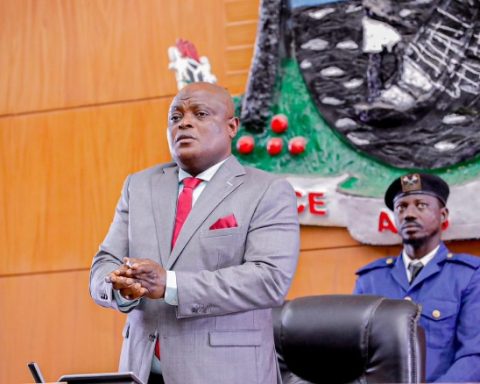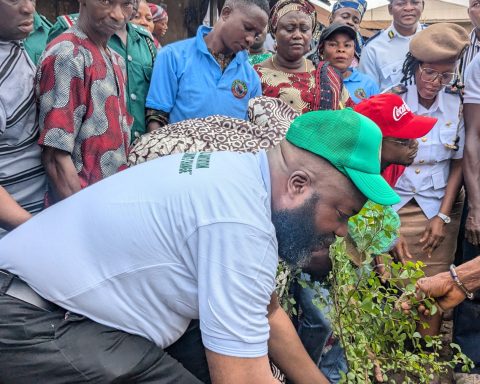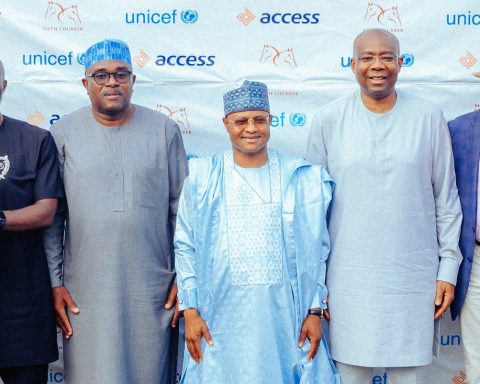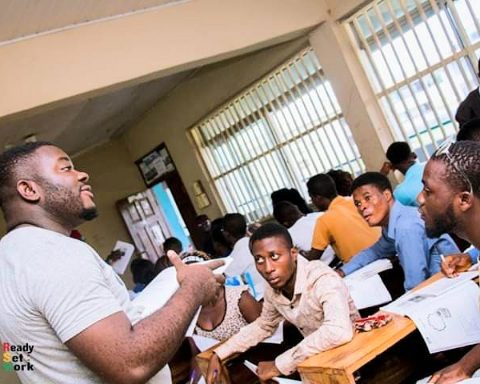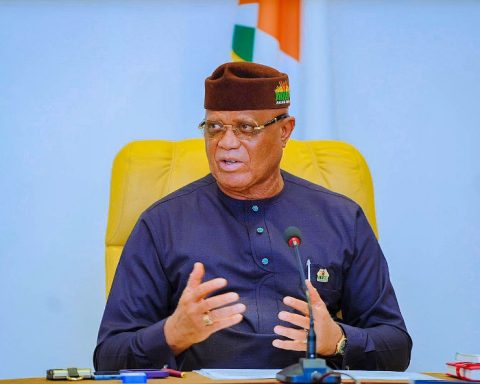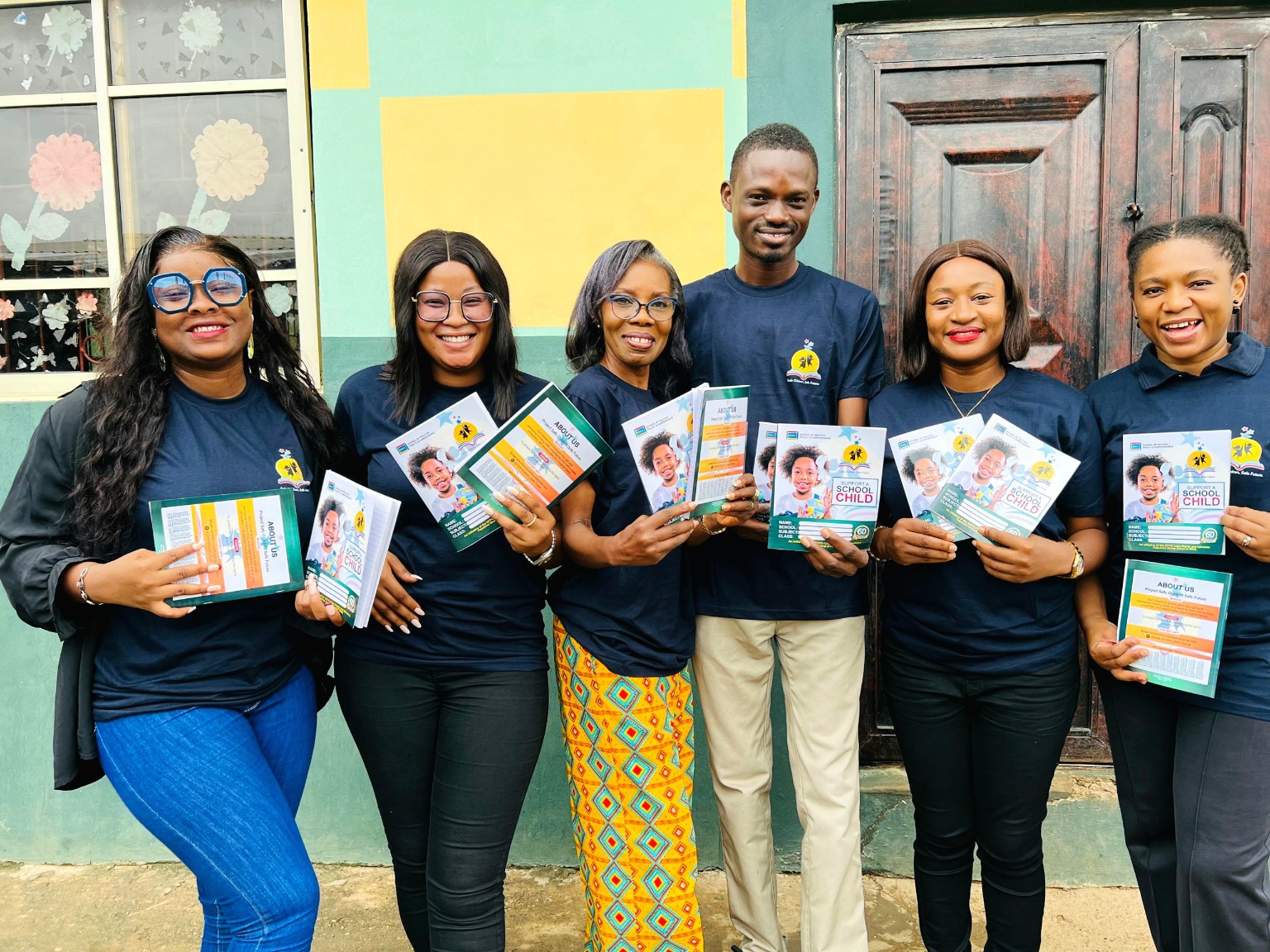
Concerned about the growing number of out-of-school children in Nigeria, a cohort of 20 persons from the School of Politics, Policy, and Governance (SPPG), have created the “Safe Children Safe Future” initiative to curb the menace.
Coordinated by Oluwadamilola Adepoju, one of their key objectives is advocating for the rights and well-being of out-of-school children, empowering them with a voice, protection, and creating opportunities for education and a brighter future for them.
Speaking on a TV and radio program recently, Bolajoko Benson and Helen Essien representing the group acknowledged the alarming figure of 18.3 million of Nigeria’s children aged 6-14 who are out of school in 2024, according to UNICEF. The underlying causes of the problem which are traced to poverty, insecurity, disability, poor access, child labor, early marriage, cultural norms, and student apathy are difficult to eradicate, even in the long term.
In keeping with this vision, the Project Safe Children Safe Future initiative has conducted outreach programmes in Lagos and Abuja.
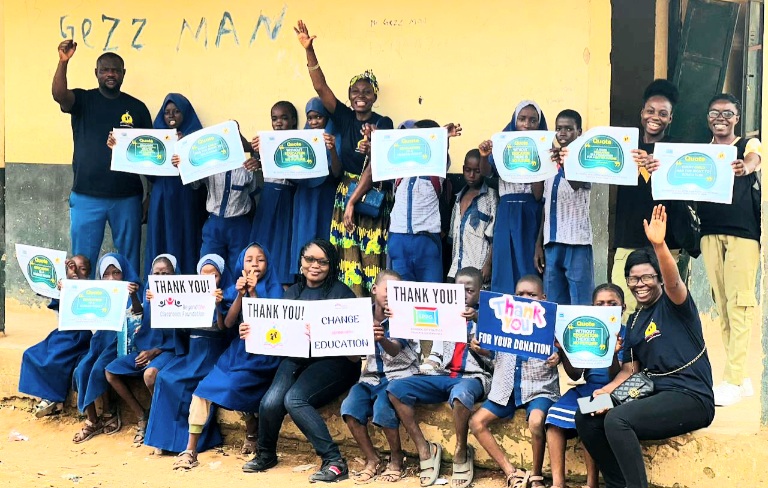
In Lagos, the group collaborated with the Aderonke Foundation to organize a children’s day event on May 25, 2024, for more than 100 children in the Agege area of Lagos State to raise awareness about the pressing issue of out-of-school children in the community, and to emphasize the importance of education.
It also afforded parents deeper understanding of the value of prioritising their children’s educational journey while the children were inspired, as they learned about the different opportunities education brings.
In Abuja the group held an intervention at LEA Primary School in Karonmajiji, addressing the financial constraints preventing children from attending school. On June 28, 2024, the group in collaboration with Beyond the Classroom Foundation, paid tuition fees for 30 vulnerable pupils of which 20 beneficiaries were from the LEA Primary School and 10 from a school for children with disabilities.
These two interventions highlighted the critical need for education for out-of-school children, emphasizing shared responsibility to ensure that every child has access to quality education, a nurturing environment, and an opportunity to grow, thrive and reach their full potential.
While pledging on behalf of the group to do more in the years ahead, Project Safe Children Safe Future called on other citizens to take action individually or through partnerships to address the problems. They called on the governments at all levels to pay more attention to the malaise.






